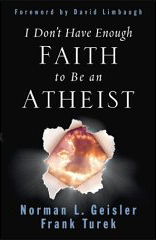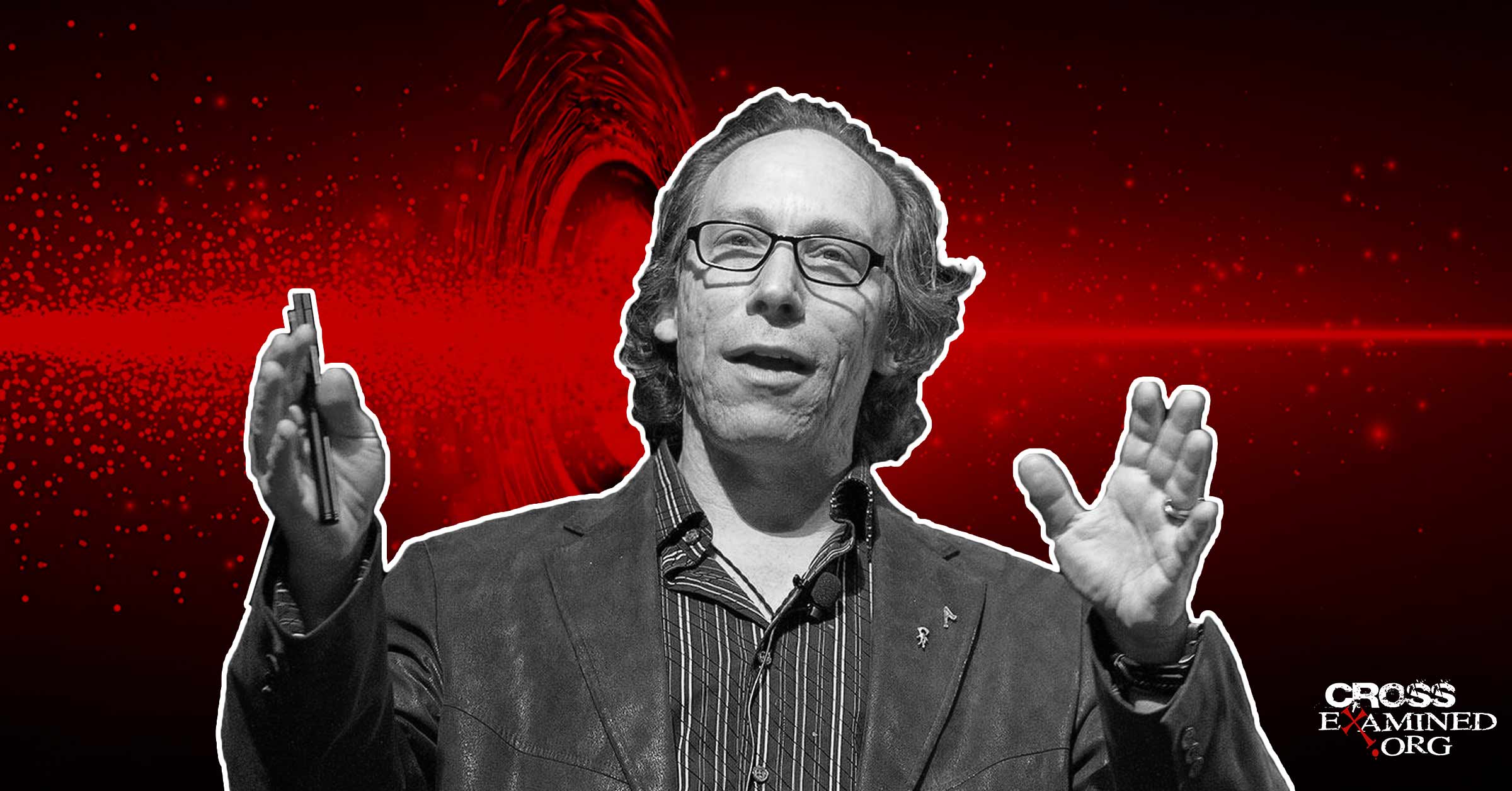A logical starting place for consideration of scientific data that may serve as evidence for God is the origin of the universe. William Lane Craig has made famous the following ancient argument known as the “Kalam cosmological argument[1]:”
- Whatever begins to exist has a cause.
- The Universe began to exist.
- Therefore, the Universe was caused.
See also this video for a nice summary of the argument. Universe here is defined here as the totality of space, time, matter and energy. So even if there are other universes as various multiverse theories entail, they would still be part of the overall Universe. I’ll use the capitalized version of ‘Universe’ to clarify that I’m referring to this broad definition.
If the Universe began to exist, then it’s reasonable that it must have been caused by some cause acting outside of the Universe. William Lane Craig has pointed out that one can deduce the properties for such a cause – it would have to be timeless, spaceless, immaterial and enormously powerful. For otherwise, how could the cause of space, time and matter have any of these properties? Thus, some key attributes of God can be derived by deduction.
While this argument alone doesn’t come close to showing that Christianity is true, it does show that there is a cause that transcends nature. If the Kalam succeeds it gives good reasons for favoring theism over atheism and that is all that scientific arguments for God can hope to accomplish. Skeptics often attempt to refute non-scientific arguments for Christian claims such as the resurrection by appealing to naturalism, the view that nothing exists beyond nature. They might claim, for example, that science has shown that resurrection is impossible. If, however, the Kalam shows that naturalism is falsified, then this is a key first step in a cumulative case for Christianity.
Few philosophers doubt that the Kalam argument is philosophically valid. (i.e., if you grant the premises then the conclusion follows necessarily). So the key factor in determining if the argument is sound is the plausibility of the two premises. Note that we don’t have to prove the premises with absolute certainty to provide epistemic support for theism – we just need to show that the premises are more plausible than not.
Are the Premises True?
Science is largely based on the first premise being true – that things that come into being have causes. Note that no prominent advocate of this or other cosmological arguments has ever claimed that everything that exists has a cause – only that what begins to exist has a cause. Therefore, “Who made God?” is not a serious objection to this argument. If you think it is, I refer you to this blog by philosopher Ed Feser. Even the famous skeptic David Hume admitted “I never asserted so absurd a proposition as that something could arise without a cause.”
Thus, the argument hinges on the second premise. For literally over a thousand years, great religious and non-religious thinkers debated whether or not the universe has always existed. Judaism and Christianity asserted that the Universe was created by God out of nothing – “creation ex-nihilo.” They offered philosophical arguments for why the Universe could not be eternal. Many secular thinkers asserted that the universe was eternal and therefore did not require a cause. In an analogous manner, Christians asserted that God was eternal and therefore could not be caused.
What scientific evidence exists for the truth of the second premise?
For centuries, this question was beyond the scope of science but we know have significant evidence that the Universe began to exist a finite time ago. The first set of evidence centered on the Big Bang origin to our universe now dated to 13.8 billion years ago. This model eventually became the standard origins model after its prediction of the cosmic microwave background radiation was verified in 1964 by Arno Penzias and Robert Wilson. (shown below with their antenna)
These two Bell labs engineers had been trying to determine the source of excess noise in their antenna. Assuming that it was due to a pigeon’s nest, they spent hours looking for and removing dung. As a colleague noted, “they looked for dung but found gold, which is just the opposite of the experience of most of us.” Indeed they won the Nobel Prize for detecting this remnant radiation from the Big Bang. By the way, if you have an old analog TV you can see this background remnant of the Big Bang as a small contribution of the static. Dr. Turek has documented other key evidence for the Big Bang in his I Don’t Have Enough Faith to Be an Atheist book.
The radical thing about the Big Bang was that it appears to be an origin not just of the matter-energy but also of the spacetime of our universe. The Big Bang appears to be a “creation ex nihilo” as affirmed by Nobel Prize-winning physicist George Smoot: “There is no doubt that a parallel exists between the Big Bang as an event and the Christian notion of creation from nothing.”Based on Einstein’s theory of General Relativity, Hawking and Penrose proved that space and time itself began at the Big Bang.
However, since General Relativity doesn’t apply at tiny quantum scales in the early universe, there were speculations that perhaps something preceded the Big Bang. In 2003, an important paper was published by three leading cosmologists who had proposed some of the key speculative theories attempting to circumvent the absolute beginning implied by the Big Bang. Vilenkin summarizes the conclusion of their article in his Many Worlds in One book: “It is said that an argument is what convinces reasonable men and a proof is what it takes to convince even an unreasonable man. With the proof now in place, cosmologists can no longer hide behind the possibility of a past-eternal universe. There is no escape, they have to face the problem of a cosmic beginning.” The ‘proof’ is based on the very general assumption that the Universe has on average expanded which is consistent with observations and theoretical expectations.
Why physicists can’t avoid a creation event?
This was the provocative title of an article appearing in New Scientist in 2012. At a scientific meeting honoring his 70th birthday, Stephen Hawking released this pre-recorded statement: “A point of creation would be a place where science broke down. One would have to appeal to religion and the hand of God.” In what was dubbed the “worst birthday presents ever,” Vilenkin presented his recent work showing that 3 different types of origins models of different classes cannot avoid a beginning to the Universe. Admittedly this is still not an absolutely settled conclusion, but Vilenkin summarizes: “All the evidence we have says that the universe had a beginning.” This fits well with the criteria I laid out in the previous blog. Data can be used in support of an argument if it is supported by currently understood science. Science is always provisional and therefore subject to change but if leading atheists specializing in this arena concede that all the current evidence points to the Universe requiring a beginning then I think it is more rational to accept the second premise of the Kalam.
In upcoming blogs, I’ll consider objections to the Kalam and discuss the philosophical arguments against the possibility of an eternal universe.
________________________________________________________________________________
[1] Here is an alternate formulation of the Kalam by Peter S Williams that is also helpful to consider:
- Every physical event has a cause
- There was a first physical event
- Therefore, the first physical event had a cause
- The first physical event’s cause was non-physical (else the event that caused that physical event would have itself been a prior physical event)
- Therefore, something non-physical must exist
- Therefore, materialism is false







